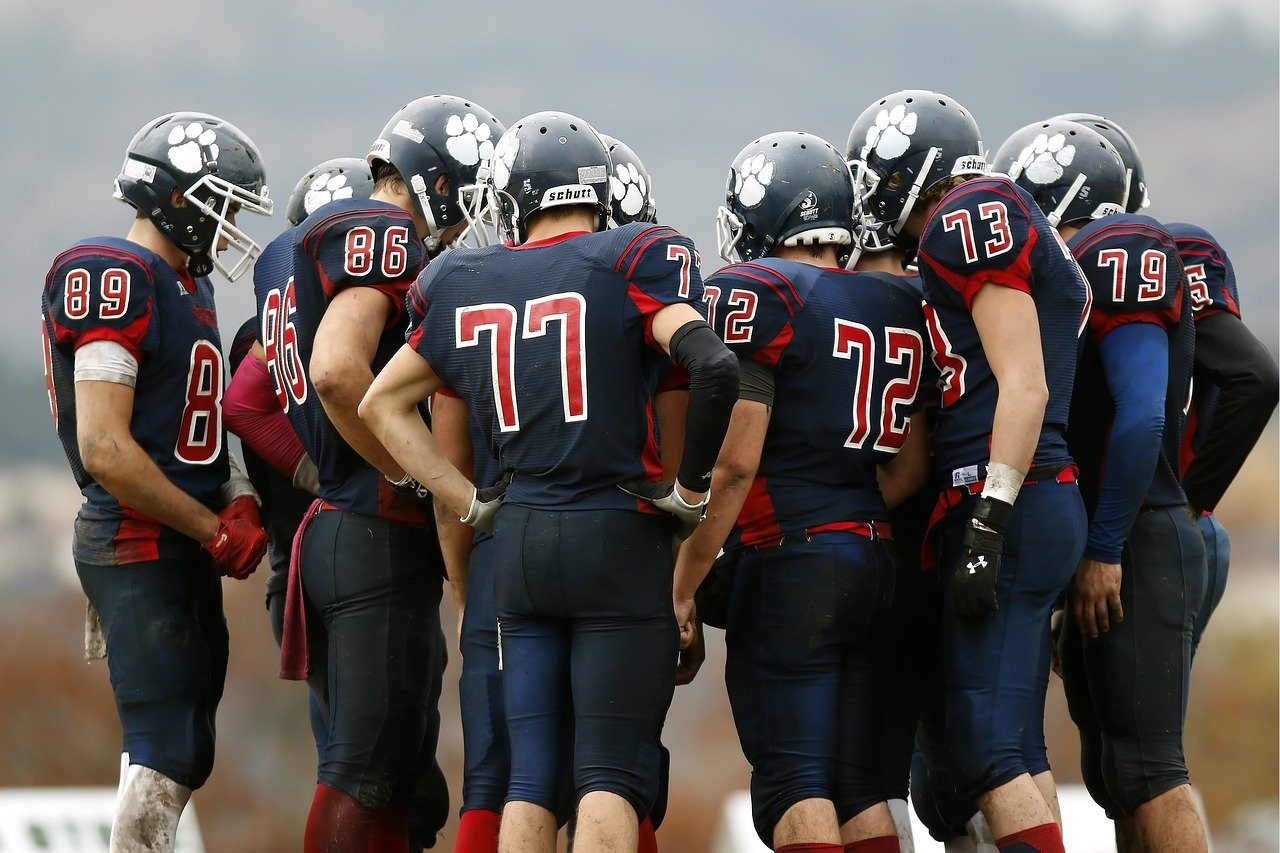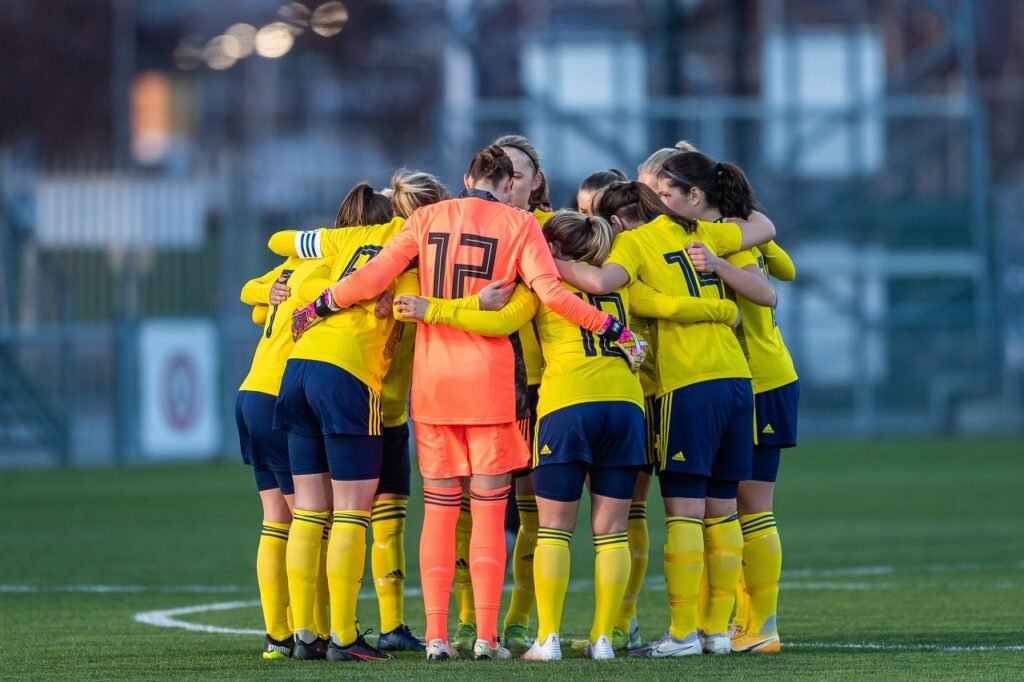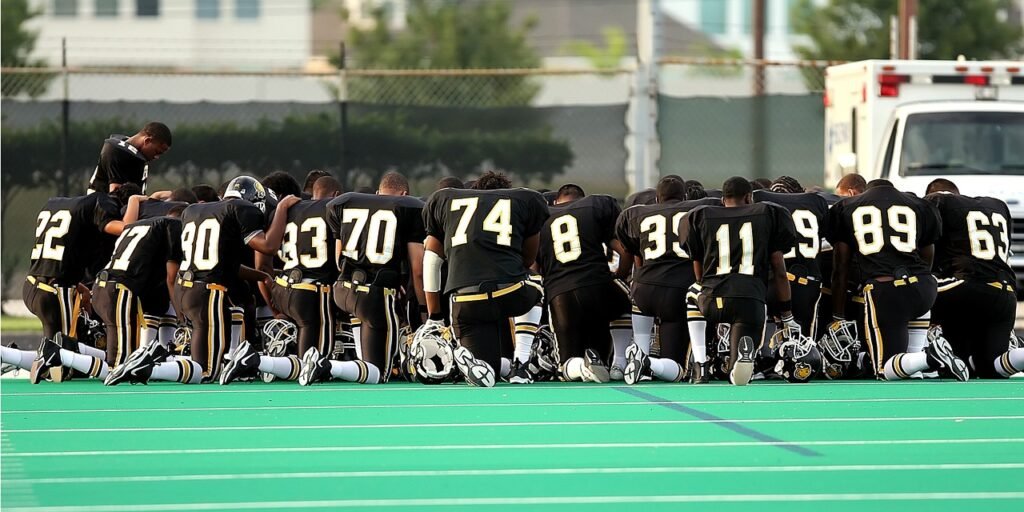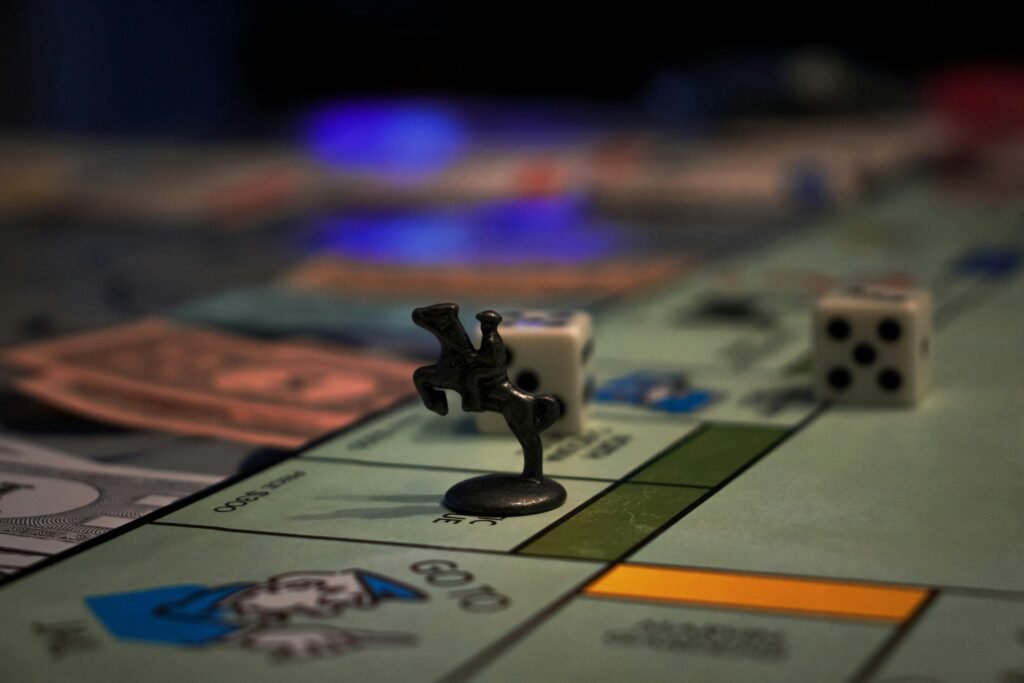The Netherlands national football team is synonymous with vibrant football culture, innovation, and a rich history in the beautiful game. Known affectionately as “Oranje,” the team has captured the hearts of fans worldwide with their attacking football, tactical intelligence, and some of the most iconic players ever to grace the sport. From the origins of “Total Football” to their unforgettable near-misses at the World Cup, the Netherlands national football team has a storied legacy that continues to inspire and captivate.
Origins and Early History of the Netherlands National Football Team
The Netherlands national football team was formed in 1889, as football started to gain popularity across Europe. The team’s early years were marked by modest success, participating in international competitions such as the Olympic Games (1908, 1912, 1920). During these years, the team slowly built its reputation, although it wasn’t until after World War II that Dutch football truly began to take shape.
In 1954, the Dutch Football Association introduced professional football, which had a transformative effect on the national team. The introduction of professionalism not only helped the Netherlands to compete at a higher level but also laid the groundwork for their rise in the global game.
The Rise of Total Football
One of the most significant developments in the history of the Netherlands national football team was the birth of “Total Football” (Totaalvoetbal), a tactical philosophy that would redefine the sport. This innovative style of play was popularised by the legendary Rinus Michels and executed on the field by football icon Johan Cruyff.
Total Football is characterised by fluid player positions, high pressing, and quick passing—an approach that dominated European club football during the 1970s, particularly through Ajax. The philosophy was central to the national team’s success, particularly during the 1974 FIFA World Cup.
At the 1974 World Cup in West Germany, the Netherlands national football team became the talk of the tournament, dazzling fans with their skill and tactical sophistication. Led by Cruyff, they reached the final but suffered a heartbreaking 2-1 loss to the hosts, West Germany. Although they didn’t win, the team left an indelible mark on world football, and their style would go on to influence generations of players and managers across the globe.
Despite also losing the 1978 World Cup final, this period solidified the Netherlands as a powerhouse in international football, with Total Football cementing its place as one of the most iconic tactical approaches in the history of the game.
Golden Generation and European Success
In the late 1980s, the Netherlands national football team experienced a golden era. With the emergence of world-class players such as Marco van Basten, Ruud Gullit, and Frank Rijkaard, the team was poised for success. Their greatest achievement came in 1988 when the Netherlands won their first major international tournament, the UEFA European Championship.
The 1988 team, under coach Rinus Michels, showcased their talent and determination throughout the tournament, ultimately defeating the Soviet Union 2-0 in the final. The victory was highlighted by Marco van Basten’s incredible volley—a goal that remains one of the most memorable in football history.
This triumph established the Netherlands as a true force in European football and elevated the stature of Dutch players across the world. The legacy of Euro 1988 continues to resonate, particularly as the Netherlands faced struggles in the 1990s, struggling to replicate that level of success.
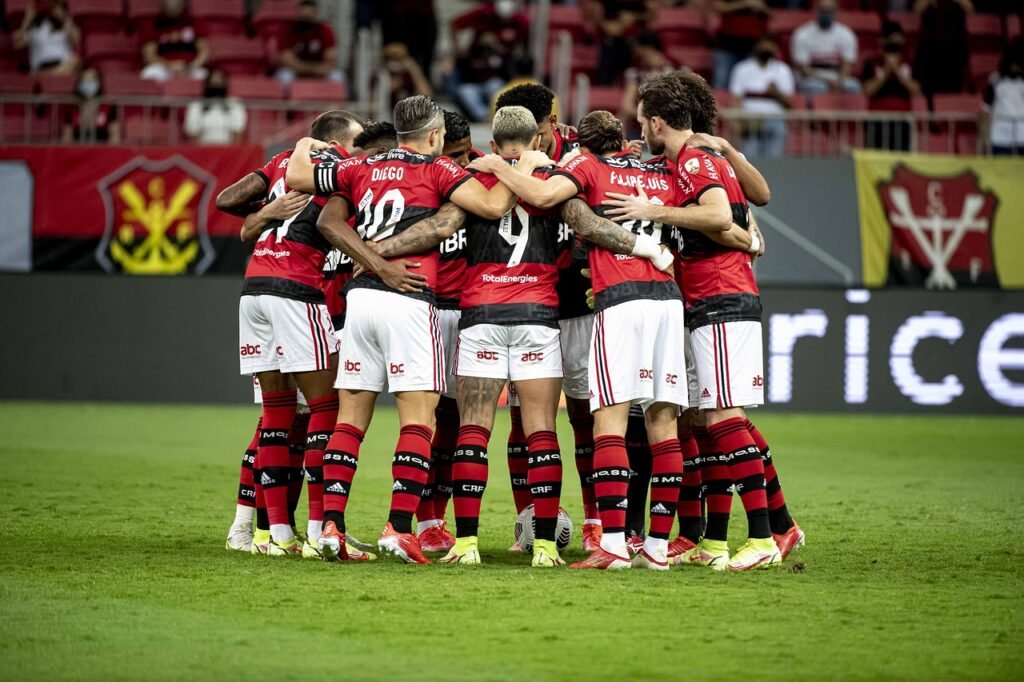
The 21st Century: Highs and Lows
The new millennium brought both highs and lows for the Netherlands national football team. Their most notable achievement during this period was the 2010 FIFA World Cup, where the team once again reached the final. Under the guidance of coach Bert van Marwijk, and led by key players such as Wesley Sneijder, Arjen Robben, and Robin van Persie, the Netherlands played a disciplined yet attacking style of football.
In the 2010 final against Spain, the Netherlands narrowly missed out on lifting their first World Cup trophy, losing 1-0 in extra time to a goal by Andrés Iniesta. Despite the heartbreak, the team’s performance earned them widespread praise and revived their status on the world stage.
In 2014, the Netherlands experienced another remarkable World Cup campaign under coach Louis van Gaal. The team surprised many by reaching the semi-finals, with a notable 5-1 thrashing of reigning champions Spain in the group stage. Though they eventually finished third, the performance showed that the Netherlands could still compete with the best, thanks to Van Gaal’s tactical acumen and the outstanding displays of players like Arjen Robben and Daley Blind.
Unfortunately, the years following the 2014 World Cup were difficult for the Oranje. The team failed to qualify for both Euro 2016 and the 2018 World Cup, leading to a period of introspection and calls for rebuilding. Many attributed the decline to an aging squad, poor youth development, and managerial instability.
The Rebirth of Oranje: Recent Success and Future Prospects
By the late 2010s, the Netherlands national football team began to show signs of rebirth. Under the leadership of Ronald Koeman, the team rebounded and qualified for Euro 2020, displaying a new generation of talent. This new era was spearheaded by players such as Virgil van Dijk, Frenkie de Jong, Matthijs de Ligt, and Memphis Depay.
The Netherlands impressed in the UEFA Nations League, reaching the final in 2019, and their performance at Euro 2020 showed that the team was once again on the rise. Koeman’s tactical approach, emphasising a balanced mix of experienced leaders and young talent, brought renewed optimism to Dutch football.
As the team looks ahead to the 2022 FIFA World Cup and beyond, there are high expectations for the Oranje. The blend of established stars like Van Dijk with emerging talents such as Cody Gakpo and Ryan Gravenberch promises a bright future. The Netherlands will also continue to rely on its renowned youth development system to nurture the next generation of stars.
Notable Dutch Players and Coaches
The Netherlands national football team has been graced by some of the greatest players in the history of the sport. Johan Cruyff, perhaps the most iconic figure, revolutionised the game with his intelligence, creativity, and leadership, both on and off the pitch. Marco van Basten, with his lethal finishing and technical skill, remains one of the most celebrated strikers in football history.
Other notable figures include Ruud Gullit, known for his versatility and physical prowess, Frank Rijkaard, a defensive rock and a tactical mastermind, and Dennis Bergkamp, famous for his artistry and vision. In recent years, players like Wesley Sneijder, Robin van Persie, and Arjen Robben have carried the torch for Dutch football, each leaving their mark on the international stage.
In the dugout, Rinus Michels remains a towering figure, having pioneered Total Football and leading the Netherlands to their 1988 Euro triumph. Louis van Gaal and Ronald Koeman have also played pivotal roles in guiding the Oranje through both triumphs and challenges.
Dutch Football Culture and Fanbase
The football culture in the Netherlands is vibrant and passionate, with the Netherlands national football team at its heart. Dutch football is deeply rooted in tactical innovation, and clubs like Ajax, PSV, and Feyenoord have played key roles in shaping the country’s footballing identity. Oranje fans are known for their unwavering support, often filling stadiums with seas of orange during major tournaments.
The Netherlands also shares intense rivalries with nations such as Germany, Belgium, and Argentina, with matches against these teams often producing some of the most thrilling and memorable moments in football history.
Conclusion
The Netherlands national football team has a rich history marked by moments of brilliance, heartbreak, and enduring legacy. As they look to the future, there is renewed optimism that the Oranje will once again compete at the highest levels of world football. With a talented new generation of players and a commitment to nurturing young talent, the Netherlands is poised to continue their quest for international glory and finally lift that elusive World Cup trophy.
The Netherlands national football team has and always will be a beacon of football excellence, inspiring fans and players alike. Their journey continues—one filled with promise, passion, and the pursuit of greatness.
